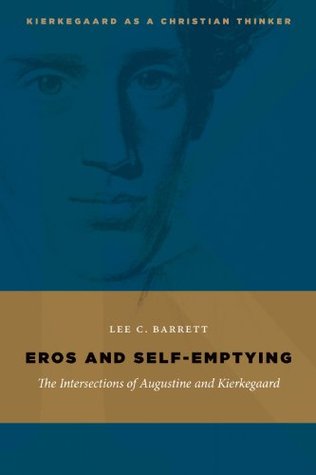Kierkegaard’s elaboration of the stages and his relational language about the self no more compromised the historic convictions of Christianity than did Augustine’s alleged Platonic framework. The tendencies to read Augustine as if he were a Neo-Platonist with a thin veneer of Christianity and to read Kierkegaard as if he were an existential phenomenologist with a Lutheran overlay fail to do justice to the extent to which the Christian telos determined the anthropological ruminations of both thinkers.61
Welcome back. Just a moment while we sign you in to your Goodreads account.


